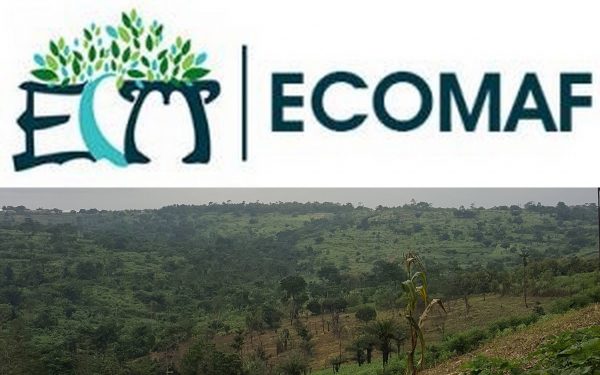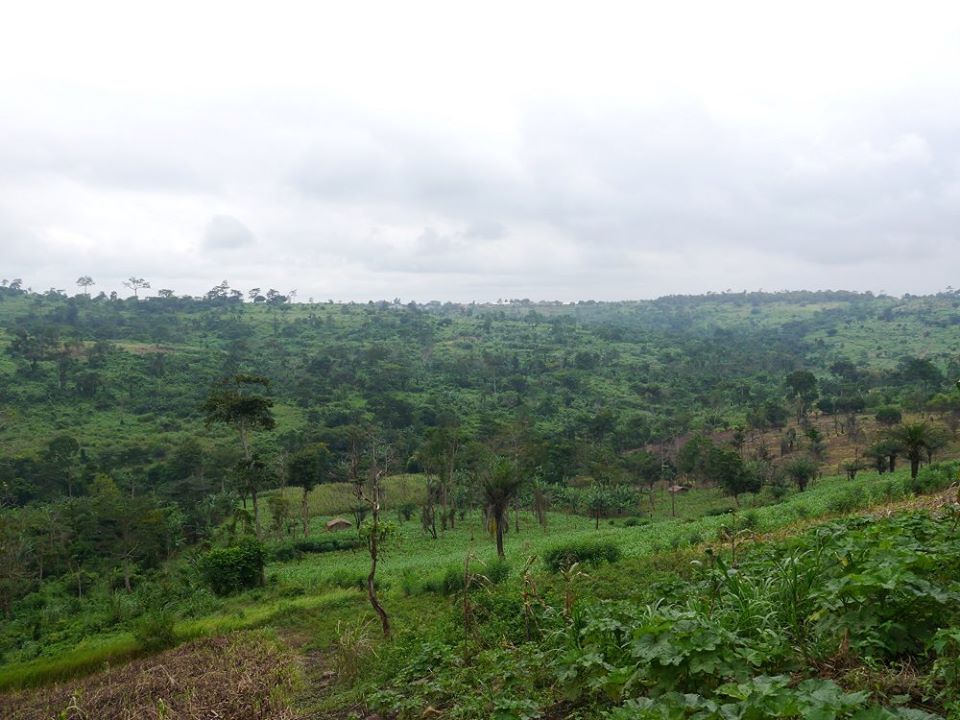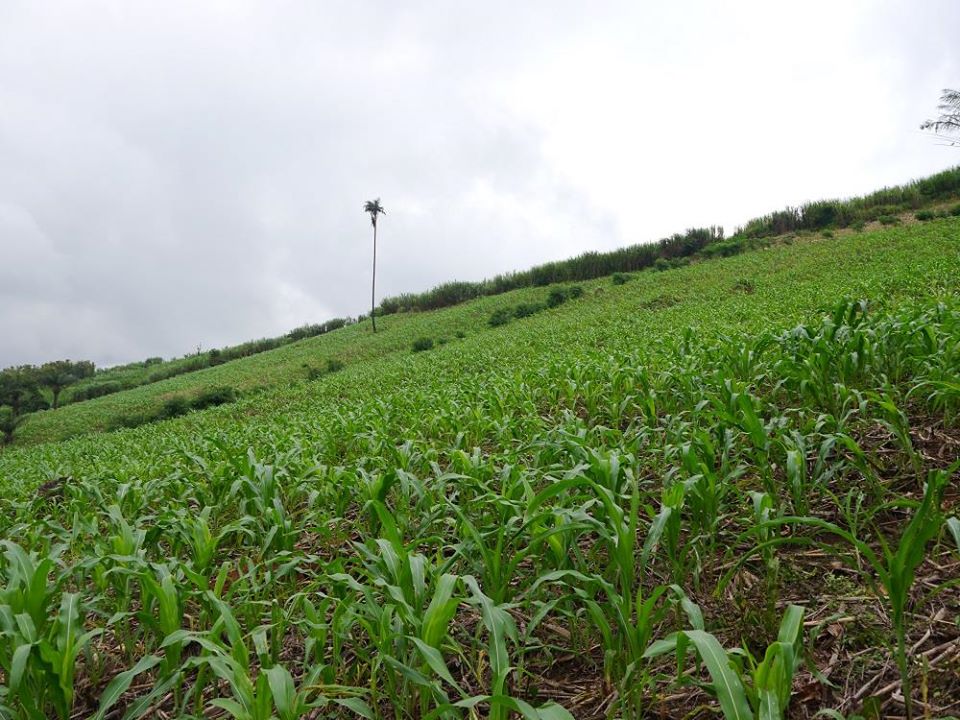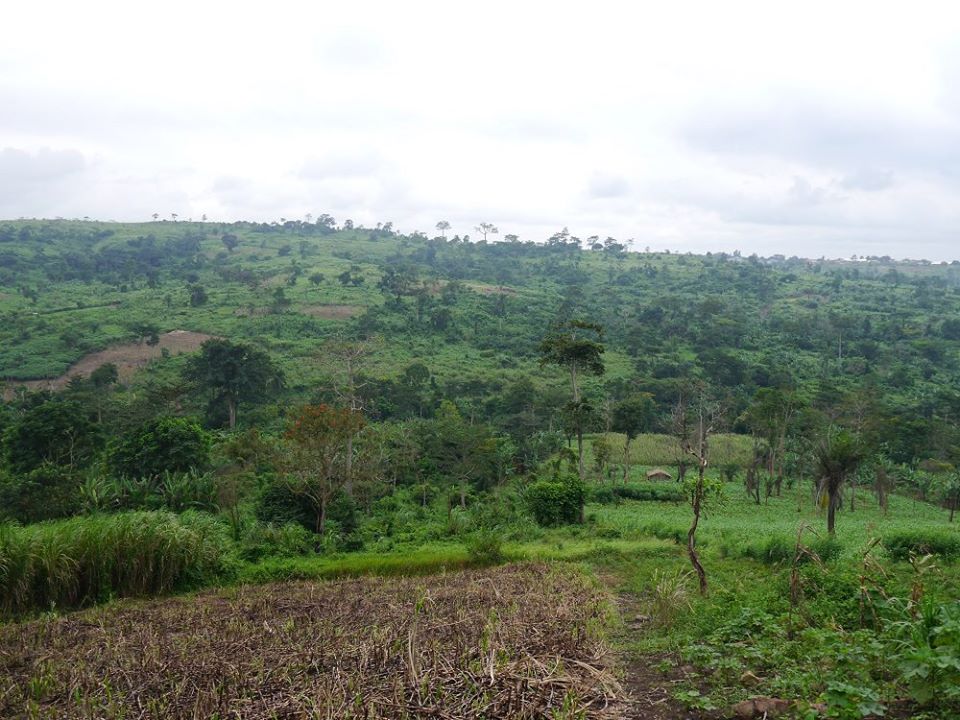Building the capacity of farmers to restore degraded reserves and improve their livelihoods
Environmental Conservation and Management Foundation (Ecomaf Ghana) achieves food security while fighting against deforestation and its causes thanks to this capacity building program for farmers


Overview of the project
Human activities mainly unsustainable agriculture and illegal and unselective logging have degraded 85% of Ghana’s Guinea Forest Region, a severely threatened World Biodiversity Hotspot (Arcilla et al., 2015; Dowsett-Lemaire & Dowsett, 2014). The intensity of the deforestation in Ghana has turned portions of some forest reserves into grassland. The Ongwam II Forest Reserve, within which my project site is located, is one of the highly degraded reserves in the Ashanti region of Ghana. The Sustainable Development Goal 15 stresses the protection of remaining forest and the restoration of degraded forest through afforestation. This goal is of particular importance to Ghana because more than 10% of Ghanaians live at the fringes of forest reserves and these residents collect non-timber forest products to support their livelihoods (Ahenkan & Boon, 2011a, 2011b). Restoring degraded forest will result in two benefits. First, it will enhance the continued flow of benefits from forest resources to rural dwellers whose livelihoods are mostly dependent on the forest. Second, it will enhance the sustainability of biodiversity and ecosystem services accrued from the forest. These benefits from the forest will cease if restoration, maintenance and sustainable management of the forest is neglected.
Conservationists and agriculturalists in Ghana are challenged with how to balance agricultural expansion with conservation priorities to sustain forest and biodiversity (Asare et al., 2014). Oftentimes, conservationists fear to engage farmers in forest restoration projects due to the likelihood of expanding their farms into the remaining forests. However, my previous research showed that when farmers are supervised in a reforestation project, forest encroachment does not occur. To ensure efficiency in farming practices while growing trees to restore the forest, the farmers involved in the project are going to be trained in agricultural intensification technologies as the second phase of the tree planting project goes on.
Evidence shows that agricultural intensification could double smallholder farmers’ output on the same piece of land (AGRA, 2013). The surplus yield resulting from the intensification could be marketed and contribute to the households’ income. The farmers will also be trained on how to add value to the food crops they will harvest and store for a period to avoid post-harvest losses since the intensification techniques will result in increased outputs. This capacity building program for the farmers could result in the closing of the yield gaps and this could gradually be a viable long-term solution for achieving food security without necessarily expanding farms to cause deforestation. Carrying out this capacity building strategy together with the tree-planting project will lead to a win-win approach to forest restoration and livelihood development.
Achieving food security without necessarily expanding farms to cause deforestation.
Ongoing research
8/1/2018
Number of trees planted, hectares of degraded forest reserve planted, Number of farmers involved, land size allotted to each farmer, etc.
The motivation for farmers to participate in the project, the commitment of the farmers towards the project, etc.
The project was funded by the Rufford Foundation
organisation
Environmental Conservation and Management Foundation (Ecomaf Ghana) is a registered Non-Governmental Organization advocating for forest conservation, protection of water bodies, and rural livelihood improvement and development.
Ecomaf Ghana is a research-action oriented organization that conducts research on the most pressing issues on forest management and livelihood improvement in Ghana. Using multidisciplinary approach, we aim to improve the well being of people especially the deprived in rural areas, protect the environment specifically endangered forest reserves and water bodies, and ensure equity for all through sustainability models. We do this through innovative research, developing the capacity of, and engaging rural communities in sustainable livelihood programs, reforestation projects and techniques for managing the environment. We hope to engage in dialogue with environmental stakeholders to inform policies and practices that affect the environment and the people living within it.



